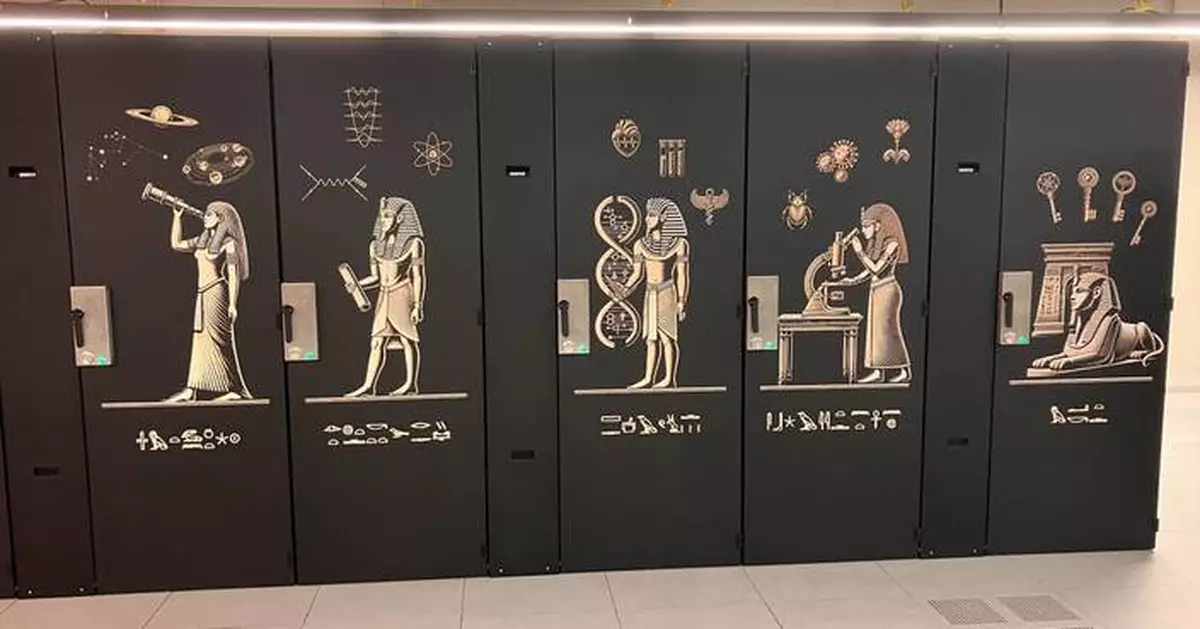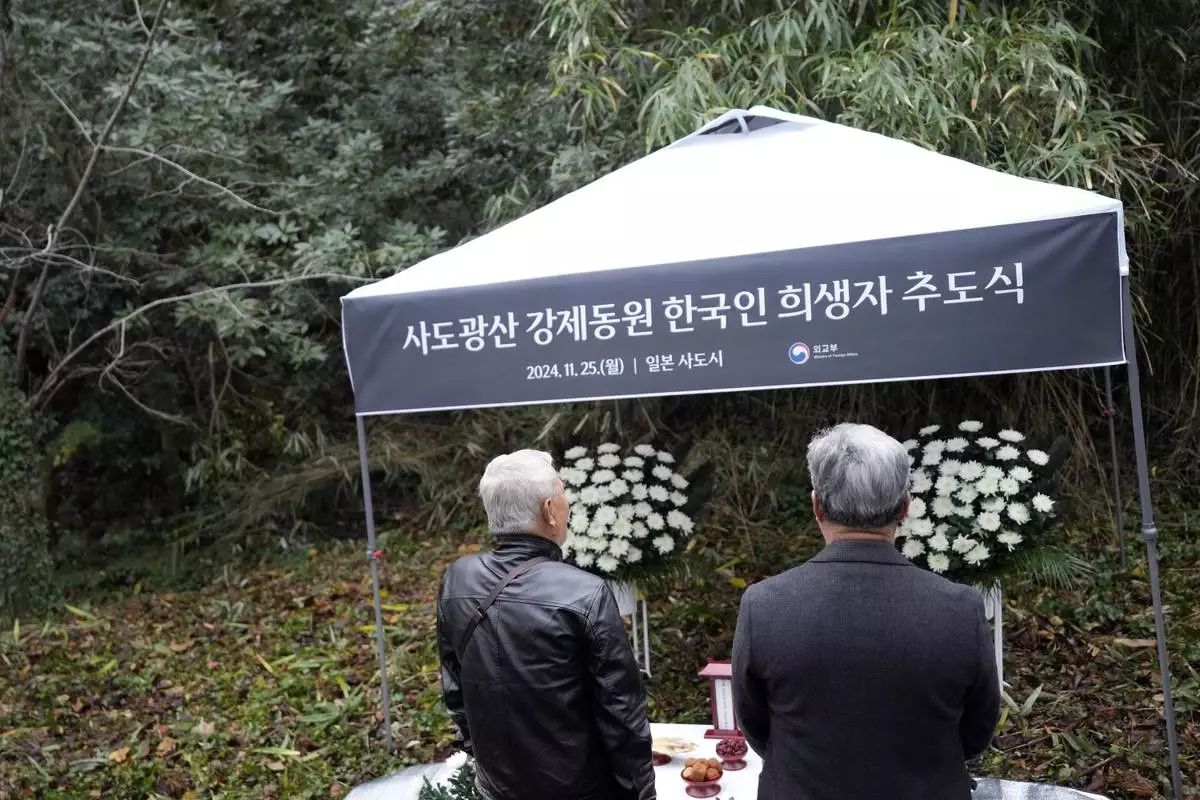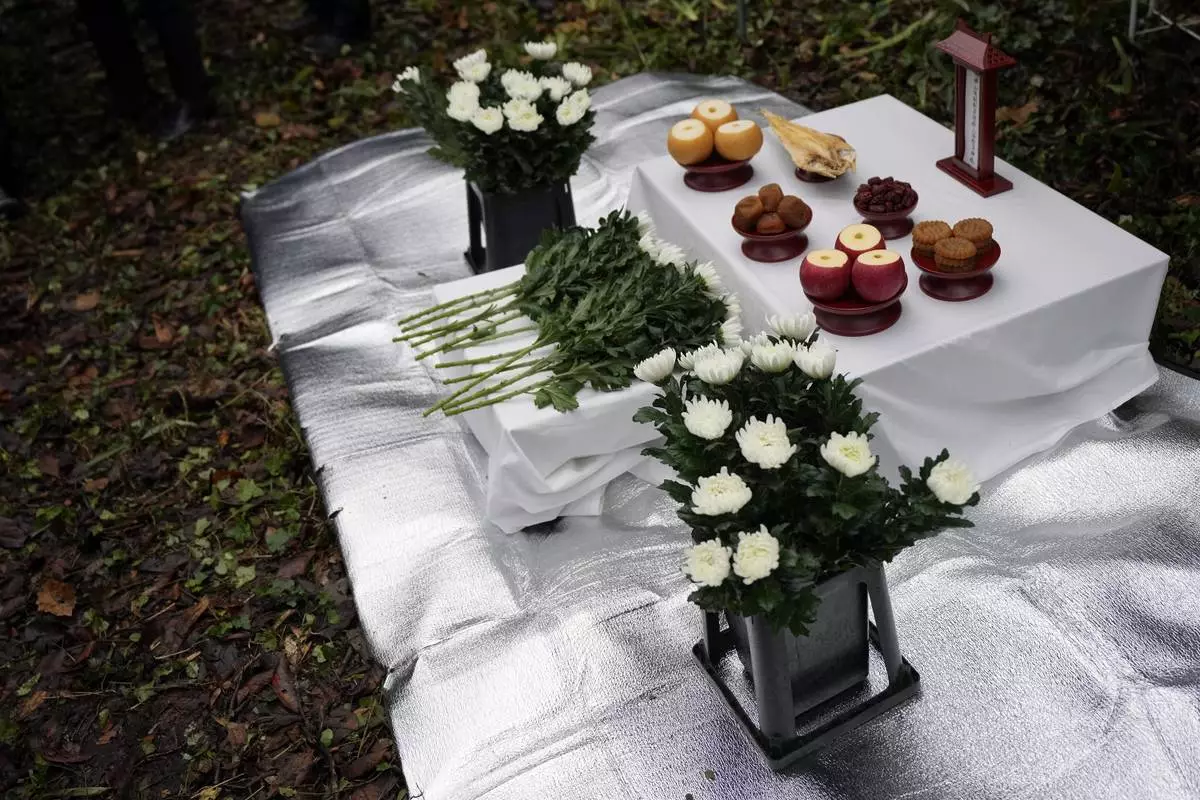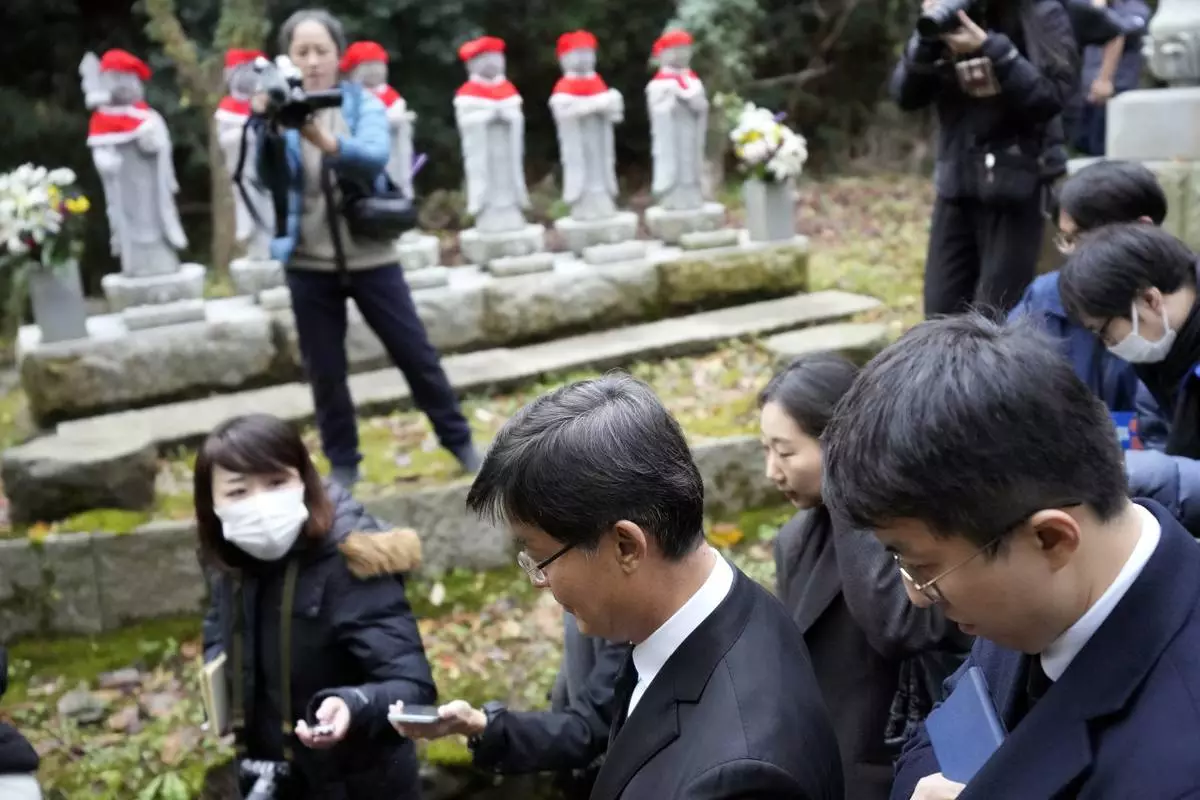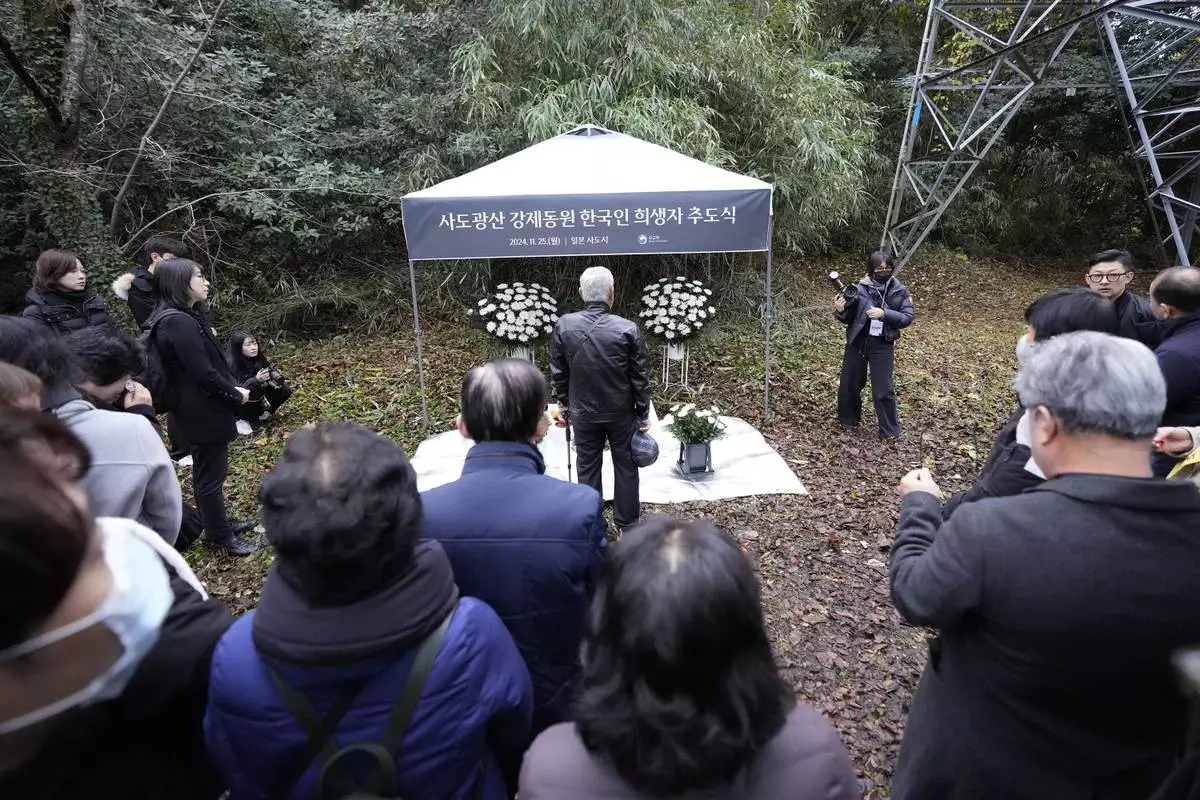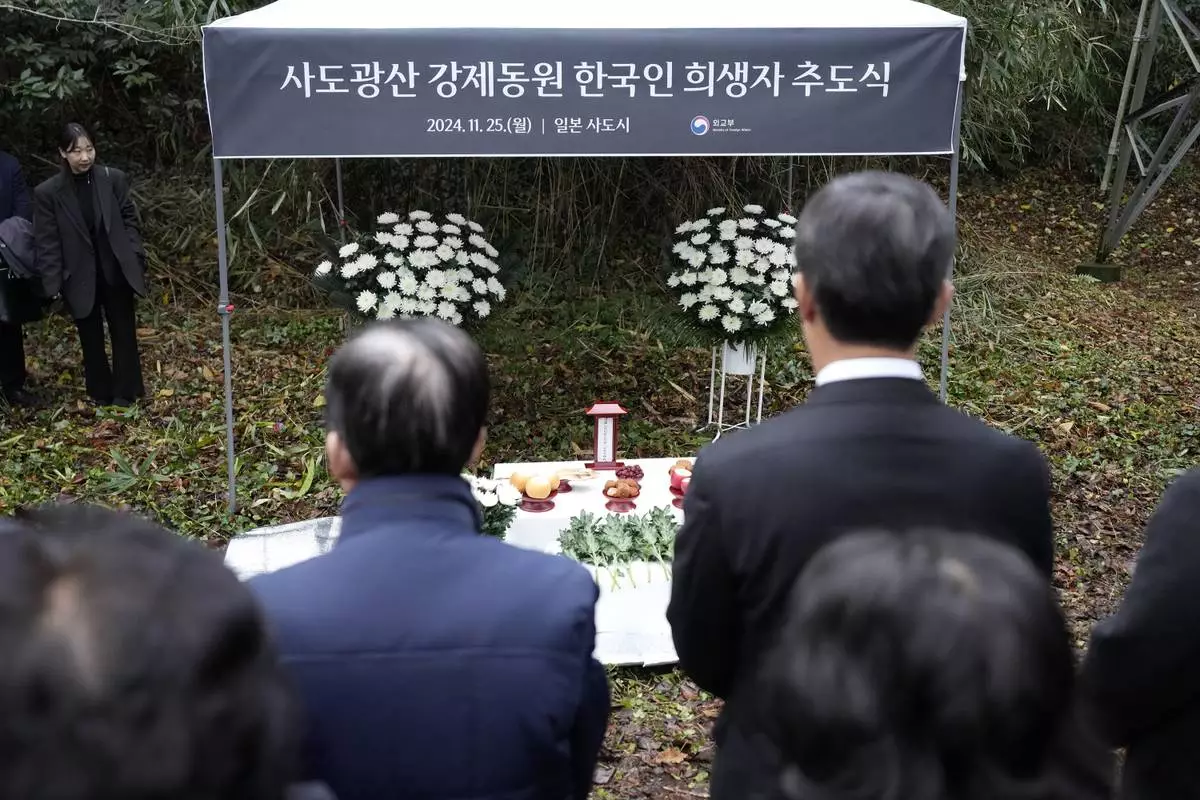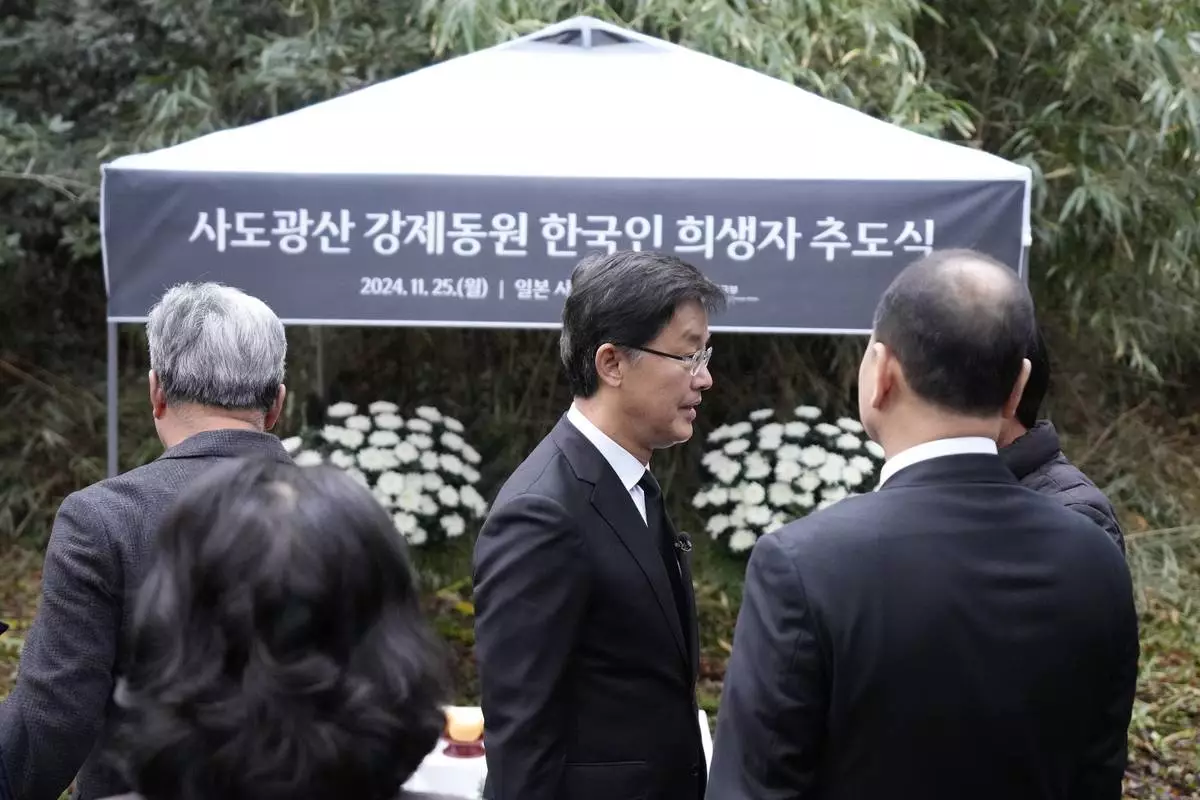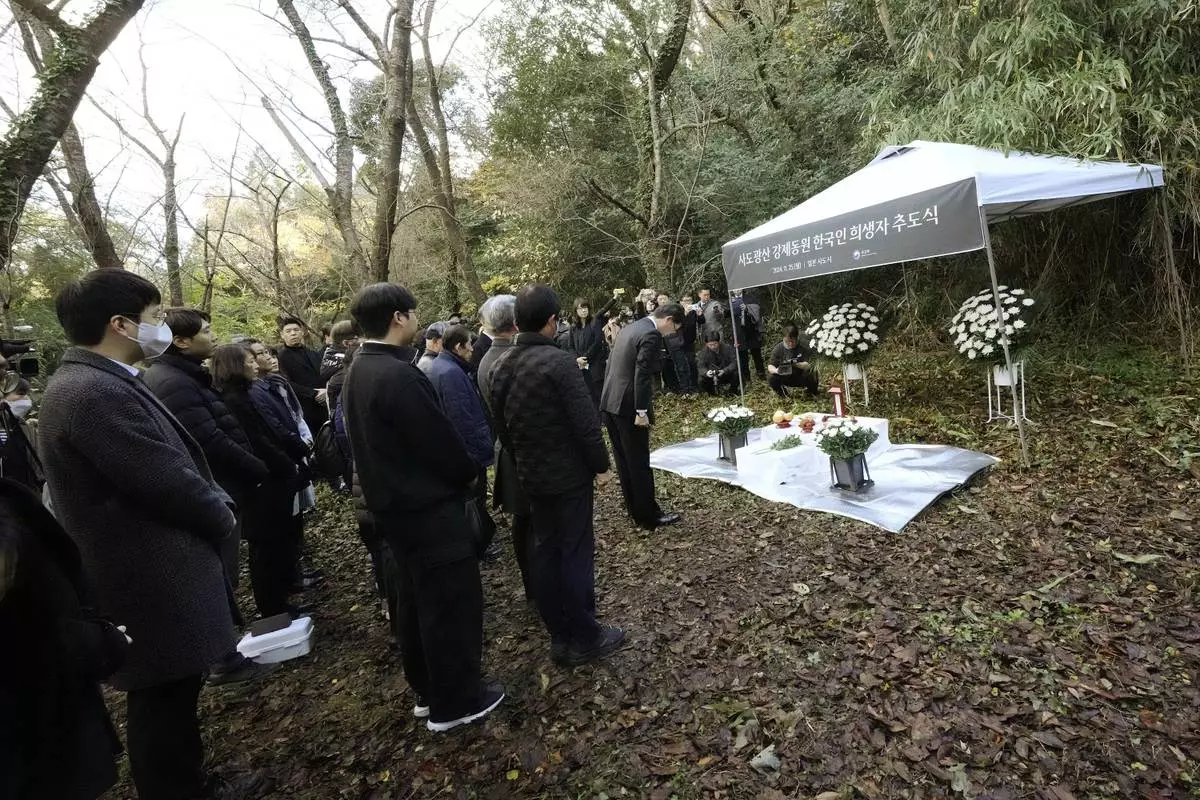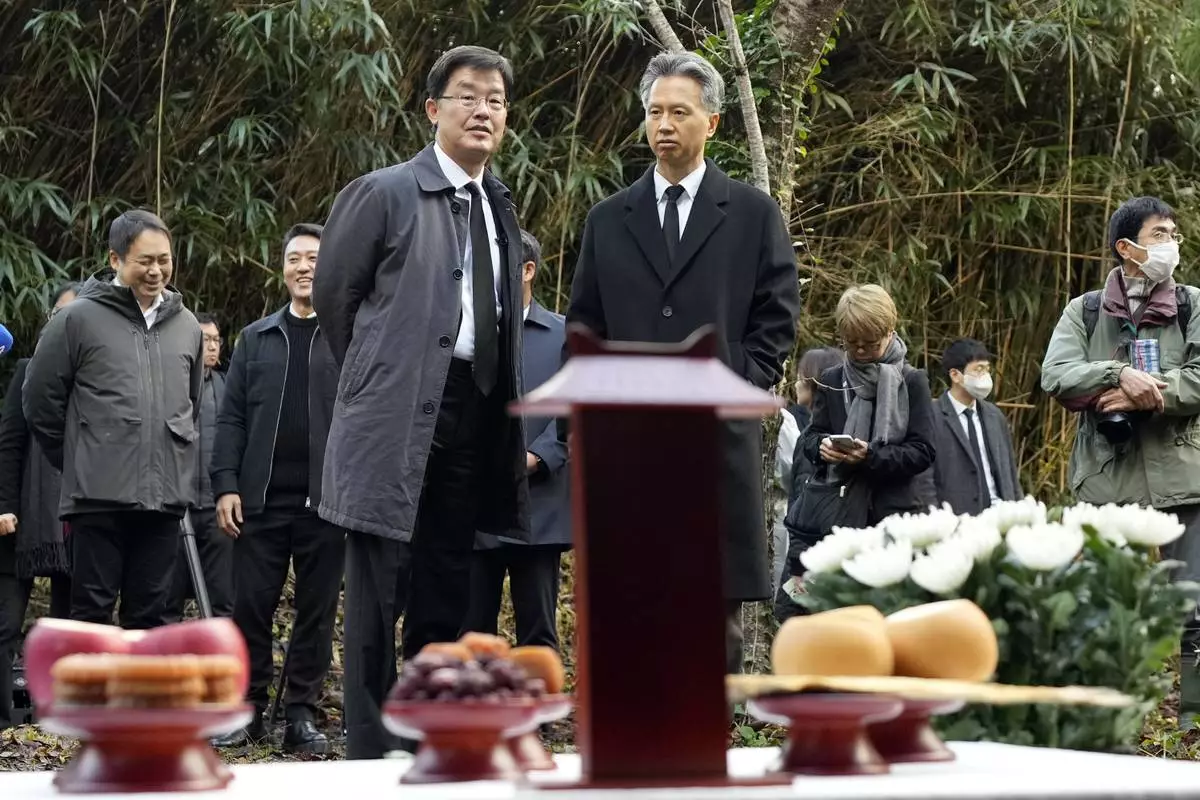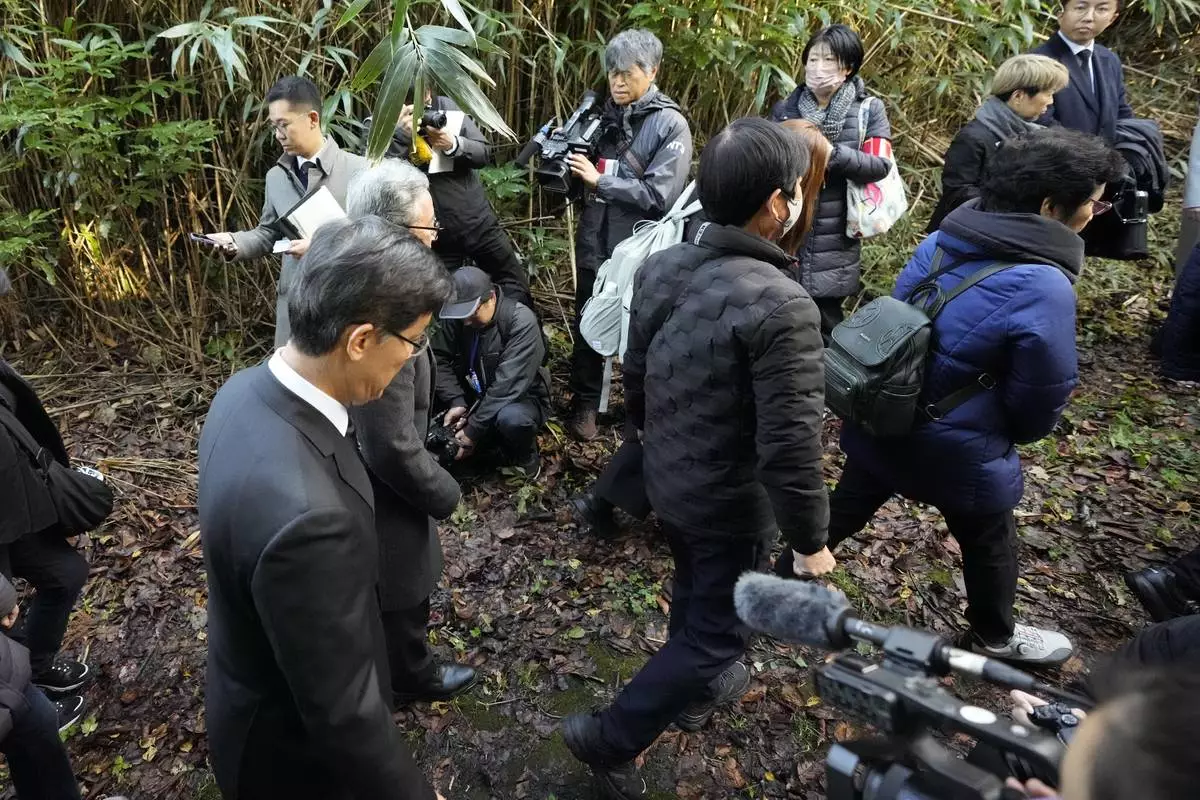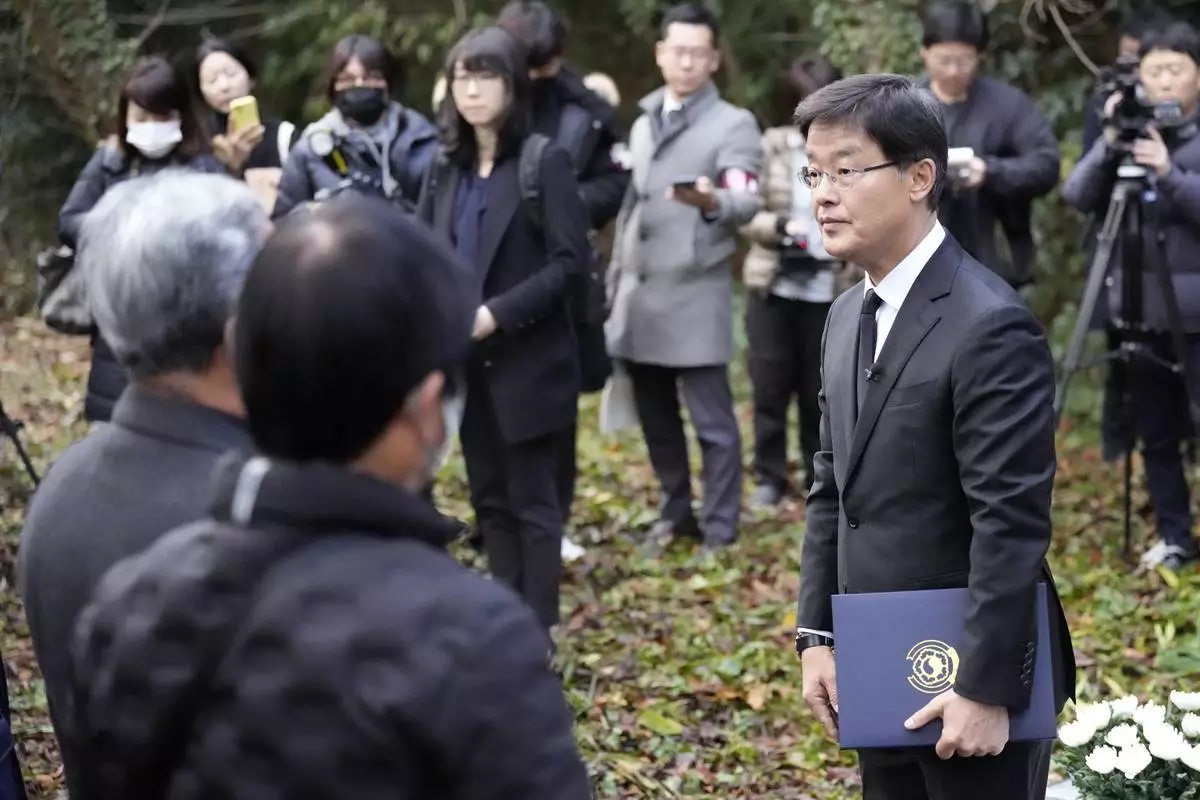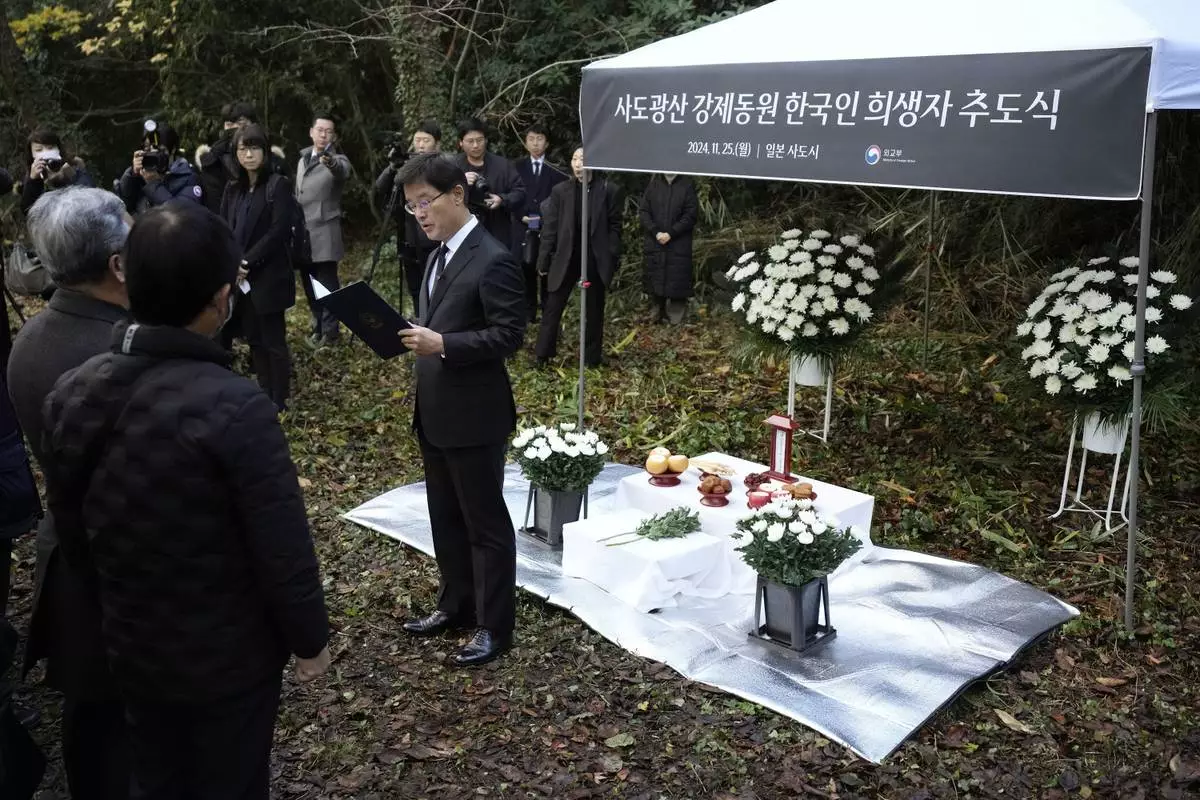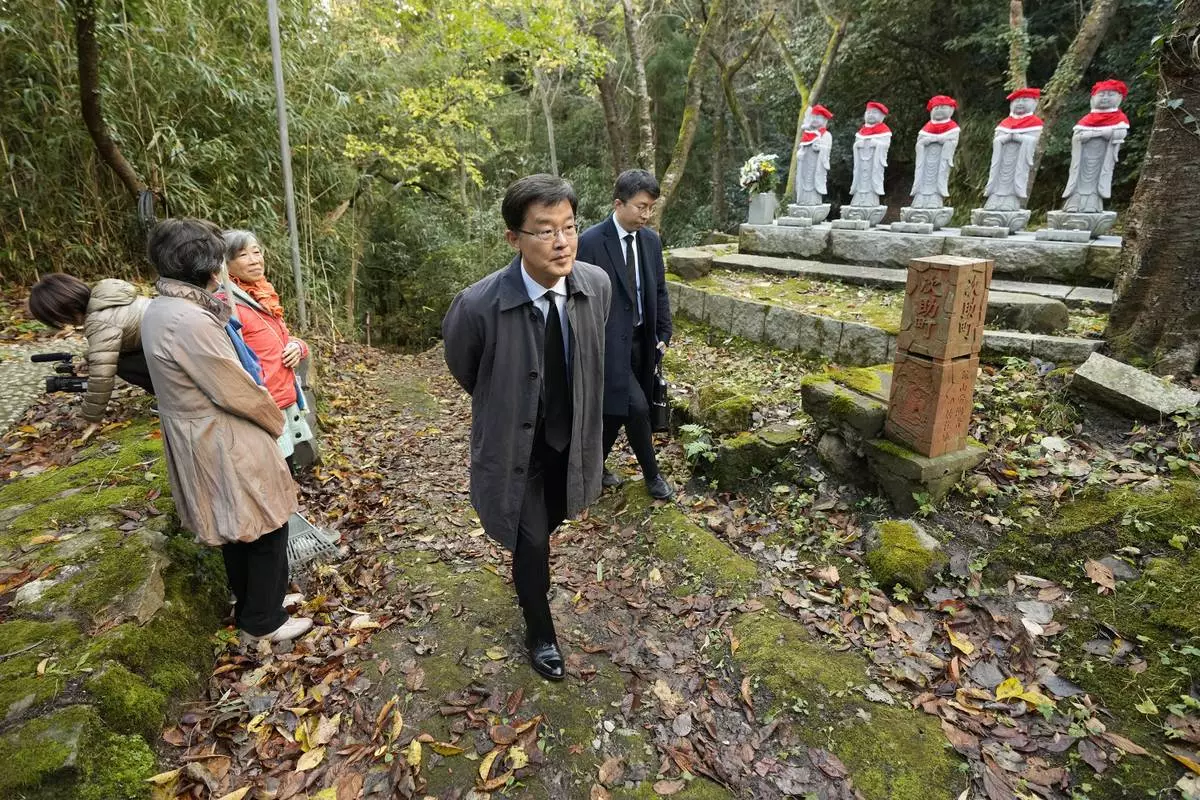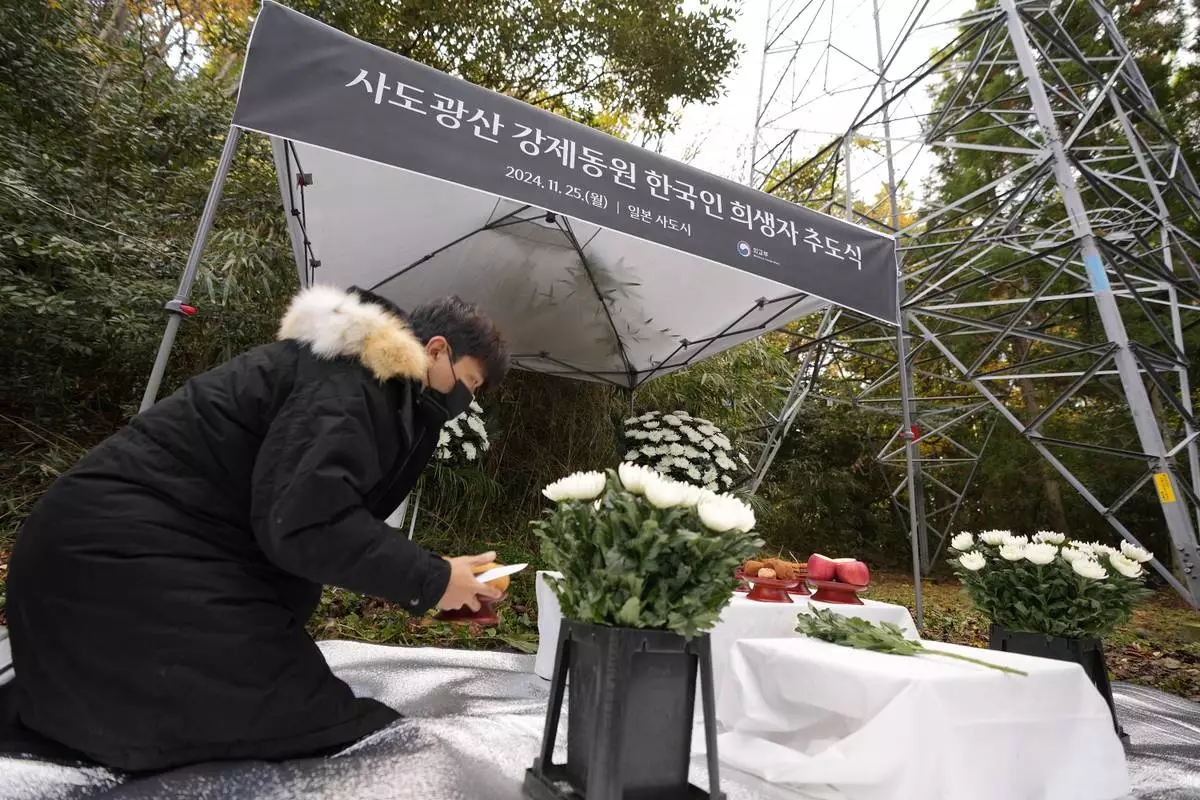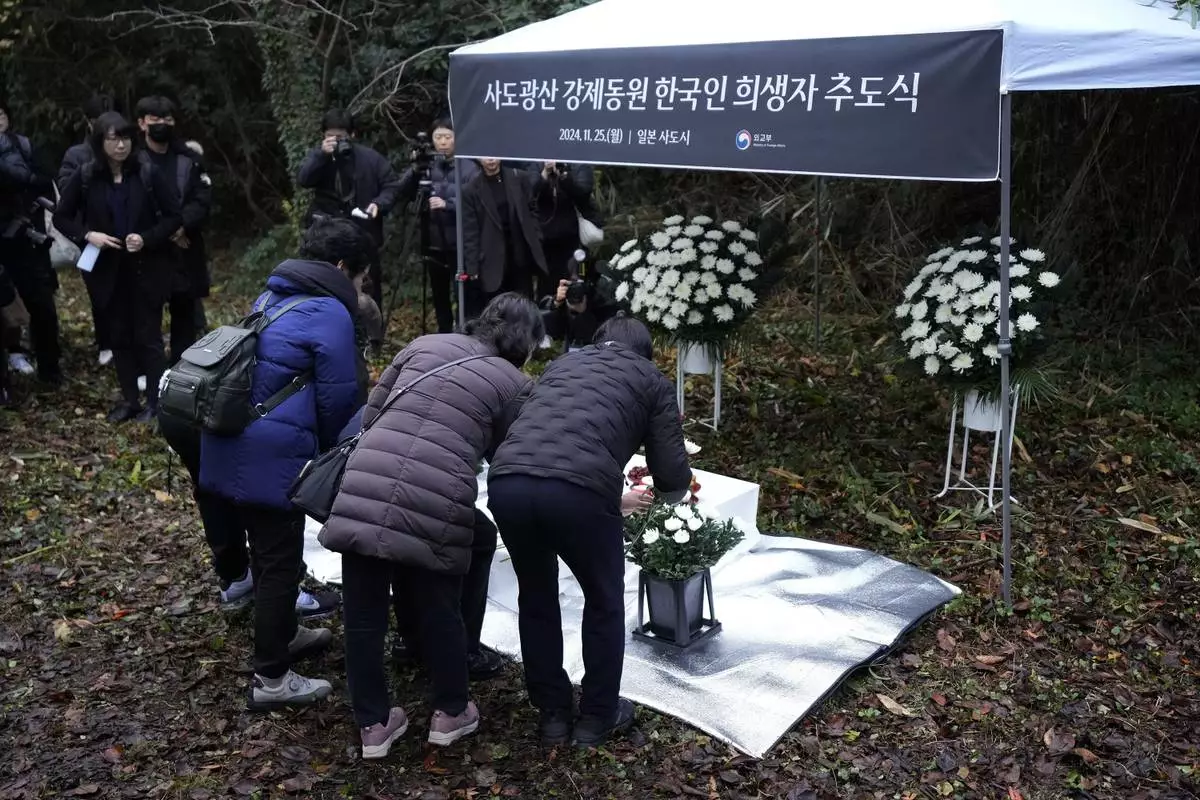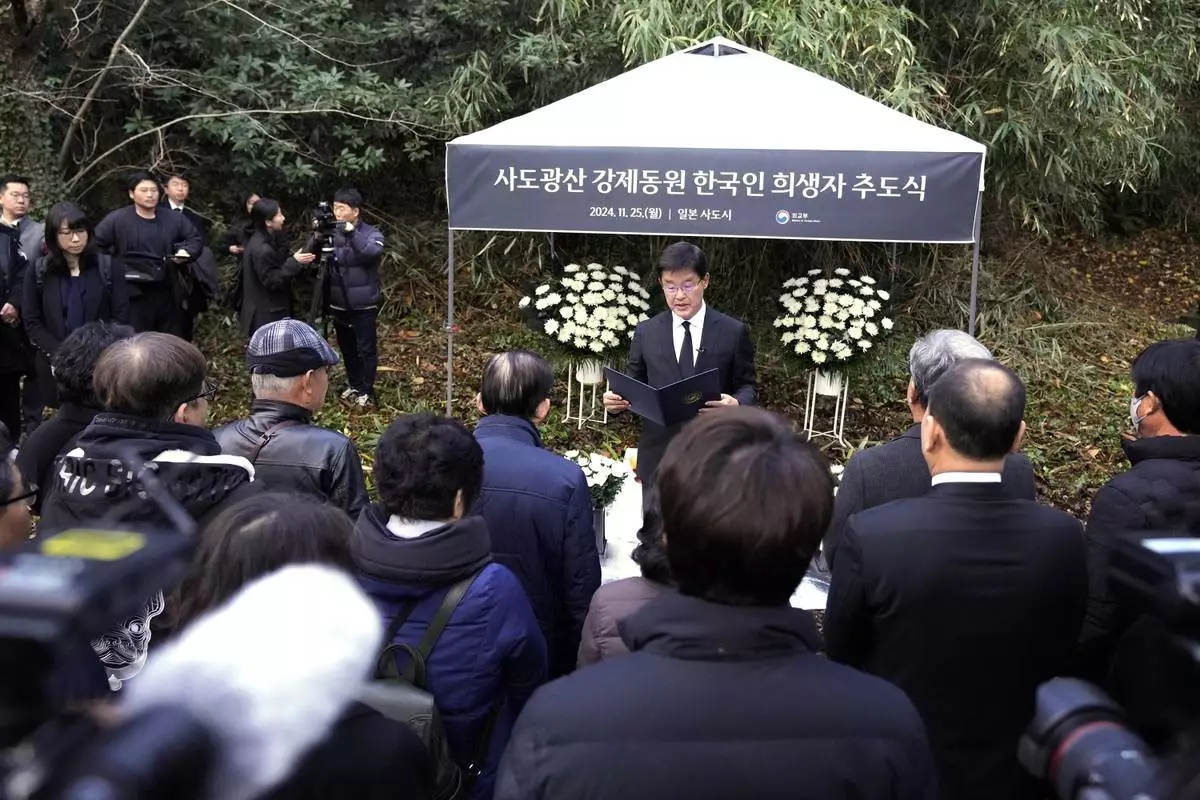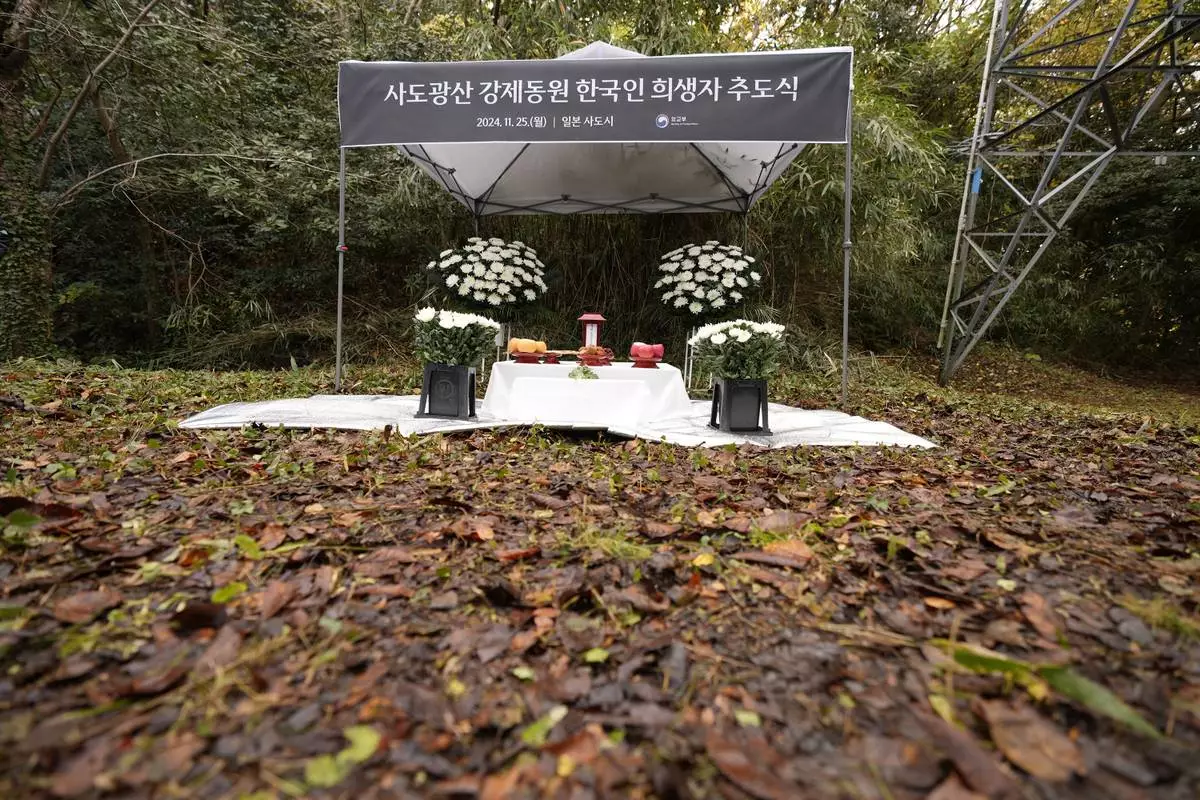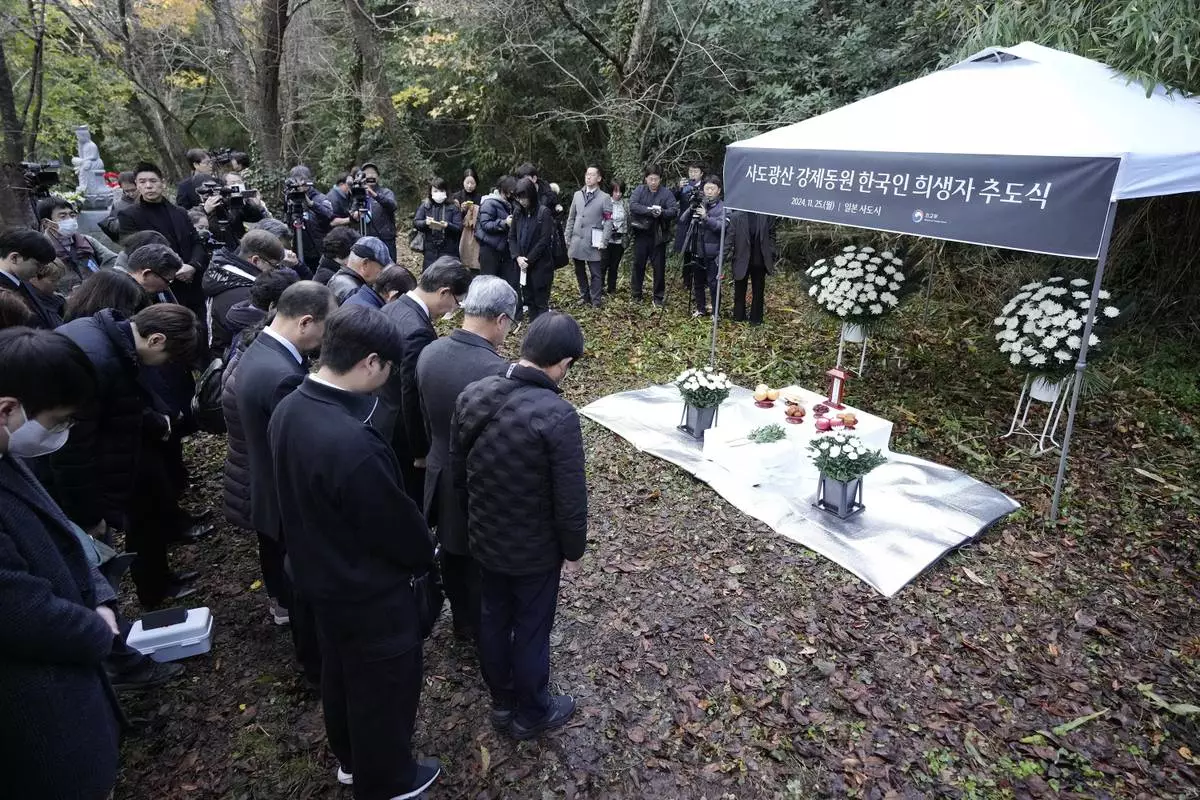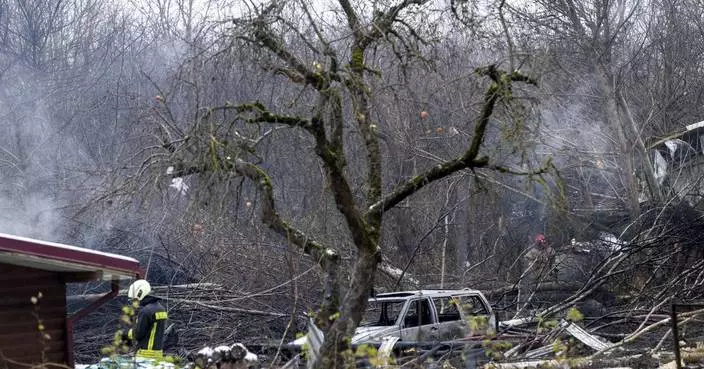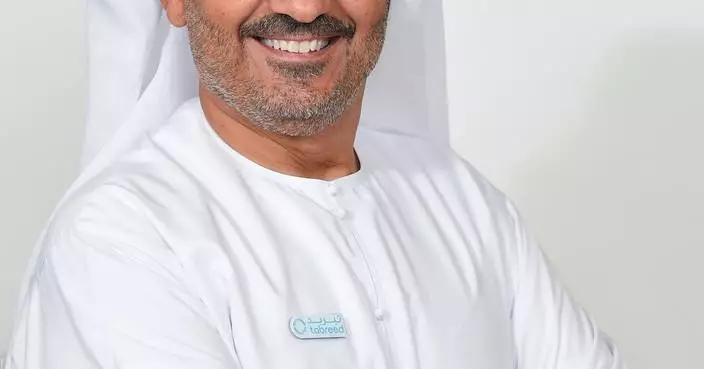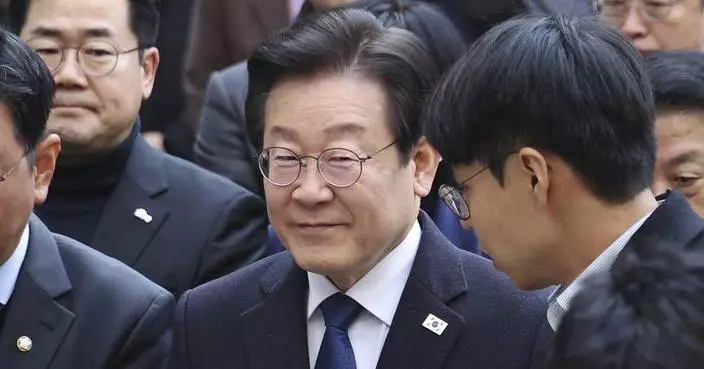SINGAPORE--(BUSINESS WIRE)--Nov 25, 2024--
KAYTUS, a leading IT infrastructure provider, announced the collaboration with NEC Deutschland, a prominent HPC solutions provider for scientific and engineering applications, to equip the University of Cologne's data center with a state-of-the-art liquid-cooled High-Performance Computing (HPC ) cluster.
This press release features multimedia. View the full release here: https://www.businesswire.com/news/home/20241125636055/en/
To advance its groundbreaking medical research, the University of Cologne embarked on building the new RAMSES (Research Accelerator for Modeling and Simulation with Enhanced Security) cluster, replacing the aging CHEOPS (Cologne High Efficient Operating Platform for Science) system. This powerful upgrade is designed to support cutting-edge applications in astrophysics, quantum physics, the life sciences, and genome analysis. Given the immense computing power required for complex simulations, effective heat management became essential to ensure reliability and energy efficiency. With the state-of-the-art liquid cooling solutions from KAYTUS and NEC, the university's data center achieved an impressive 40% reduction in cooling costs, all while delivering exceptional performance and robust data security.
Founded in 1388, the University of Cologne is one of Europe’s oldest and largest universities, renowned for its pioneering research and academic excellence. With four Clusters of Excellence dedicated to scientific advancement, the university's infrastructure includes the Cologne RRZK (Regionales Rechenzentrum Köln), which provides advanced HPC capabilities. The data center has hosted the CHEOPS high-performance computer, supporting extensive simulations for complex scientific research.
In September 2024, the university unveiled its successor system, RAMSES. With GPUs designed to power computational analysis in fields such as neural networks, pharmacokinetics, and protein structure prediction, RAMSES is poised to address the critical challenge of managing high-load, high-heat states of core components for extended periods. The University of Cologne selected this state-of-the-art solution for the best parallel and serial performance of its HPC system, ensuring top-tier security, reliability, and energy efficiency to meet its complex research demands.
The new RAMSES system is a transformative resource for scientists across the country, enabling advanced simulation and data processing for groundbreaking research. With an impressive computing power of 4.8 PFLOPs—48 times greater than its predecessor—it redefines research infrastructure standards. The RAMSES system comprises 174 nodes, equipped with 384 CPUs totaling 31,576 cores and 74 GPUs, delivering 1.7 PFLOPs in CPU performance and 3.1 PFLOPs in GPU performance. This remarkable performance capacity supports a wide range of research fields, particularly enhancing research abilities in the life sciences and numerous other scientific disciplines, driving innovation and knowledge creation.
NEC and KAYTUS partnered to deliver a comprehensive liquid-cooled cluster solution for the RAMSES system. This advanced solution includes over 170 servers, featuring 1U2S, 2U2S, and AI servers, with more than 140 liquid-cooled nodes designed to support high-demand applications like Gromacs for molecular dynamics simulation and NWChem for computational chemistry. The solution encompasses liquid-cooled cabinets, a cooling distribution unit (CDU), and complete testing and deployment services, ensuring optimal performance and energy efficiency for intensive research tasks.
Professor Dr.-Ing. Stefan Wesner, Director of the Regional Computing Center Cologne and Head of the Division of Computer Science, summarizes: “Analyzing clinical genome data has not traditionally been a classic field of application for HPC systems. RAMSES changes this—with end-to-end encryption throughout the entire calculation process and a customized system architecture that is currently unique in Germany. The innovative liquid cooling solutions from NEC and KAYTUS impress not only with high density, high performance, energy savings, high efficiency, and high reliability but also with diversified product configurations. NEC and KAYTUS have designed and delivered a system architecture, and an operating model customized for this area of application in research collaborations. We are very happy to have NEC and KAYTUS as long-standing, trusted partners who deliver high quality hardware, software, and services.”
High-Density and Liquid Cooling for Superior Performance and Energy Efficiency
The University of Cologne's HPC data center leverages a range of KAYTUS server products to achieve both high performance and energy efficiency. At the core of the deployment are the latest KAYTUS liquid-cooled 1U2S nodes, each equipped with two state-of-the-art AMD Genova processors, each consuming 400 watts per chip. These nodes utilize direct warm water cooling technology, allowing for high-density deployments within a single cabinet. The advanced warm water cold plate effectively dissipates heat from major components such as the CPU, memory, and VR, with liquid cooling covering over 80% of the system’s total power consumption. This innovative approach reduces cooling costs by 30% to 40% compared to traditional air-cooling methods, delivering significant operational savings while maintaining exceptional performance.
In addition to delivering high performance, the liquid-cooled nodes offer outstanding reliability. Equipped with leakage detection technology, the system can automatically shut down and issue an alarm when a leak is detected, ensuring efficient operation and maintenance. Furthermore, the liquid cooling environment allows the servers to operate at lower temperatures, extending the service life of temperature-sensitive components and reducing failure rates. This proactive approach significantly lowers the operation and maintenance costs of the cluster, enhancing overall system efficiency and durability.
Noritaka Hoshi, Managing Director NEC Deutschland GmbH, said: “As HPC performance continues to advance and integrate more closely with AI, energy consumption has become a significant challenge for many data centers, including the University of Cologne. NEC and KAYTUS are long-term partners committed to providing cutting-edge liquid cooling solutions to address heat dissipation issues in high-density computing environments.”
Reliable Environment for Secure and Advanced Scientific Exploration
The new RAMSES system not only meets the demand for a powerful high-performance computing architecture but also provides a unique and secure environment, crucial for fields like life sciences and medicine. For instance, while direct observation of phenomena like black holes or stellar explosions is impossible, simulations powered by HPC systems make such research feasible. Similarly, interpreting genetic characteristics is so computationally intensive that only HPC systems can handle the workload, all while meeting stringent data security requirements. This cutting-edge HPC system positions the University of Cologne at the forefront of global research and innovation, offering a significant competitive advantage.
The KAYTUS server ensures system security starting from the underlying hardware, safeguarding scientific research data and allowing scientists to focus on their work with peace of mind. KAYTUS servers excel in multi-dimensional security enhancements, providing comprehensive protection across multiple aspects of operation:
The University of Cologne’s mission is to create and share knowledge. This pursuit often depends on simulation and intensive computation. The high-efficiency computing cluster empowers scientists to conduct research that would otherwise be impossible, unlocking insights into complex phenomena and enabling groundbreaking discoveries that propel scientific progress.
Clark Li, Country Manager of KAYTUS for the DACH Region, stated, “With the rapid advancements in AI, the demand for computing power has surged, driving the need for more efficient and compliant liquid cooling solutions. We are delighted that, through our close collaboration with NEC, the University of Cologne is satisfied with the new system’s research capabilities. Looking ahead, we are committed to partnering with companies like NEC to deliver advanced liquid cooling solutions. From solution design and development to production testing, installation, and ongoing operation and maintenance, our focus is on ensuring system reliability and efficiency. By aligning with Europe’s sustainable energy goals, we strive to contribute to the development of green, energy-efficient data centers.”
About KAYTUS
KAYTUS is a leading provider of IT infrastructure solutions, delivering a diverse range of innovative, open, and eco-friendly products for cloud, AI, edge computing, and other emerging applications. With a customer-centric approach, KAYTUS is agile and responsive to user needs through its adaptable business model. Discover more at KAYTUS.com
About NEC Deutschland GmbH
NEC Deutschland GmbH is a wholly owned subsidiary of NEC Europe Ltd. and is a leading provider of HPC and A.I. solutions, focusing on sustained performance for real-life scientific and engineering applications. NEC delivers technology and professional services to industry and academia. Energy-efficiency is one of the key design objectives, addressed by advanced cooling technologies or by the high-bandwidth vector-architecture, which delivers unprecedented efficiency on real world code. The service capabilities from the operation of complex systems to the optimization of scientific codes and NEC's storage-appliances complete our solution offering.
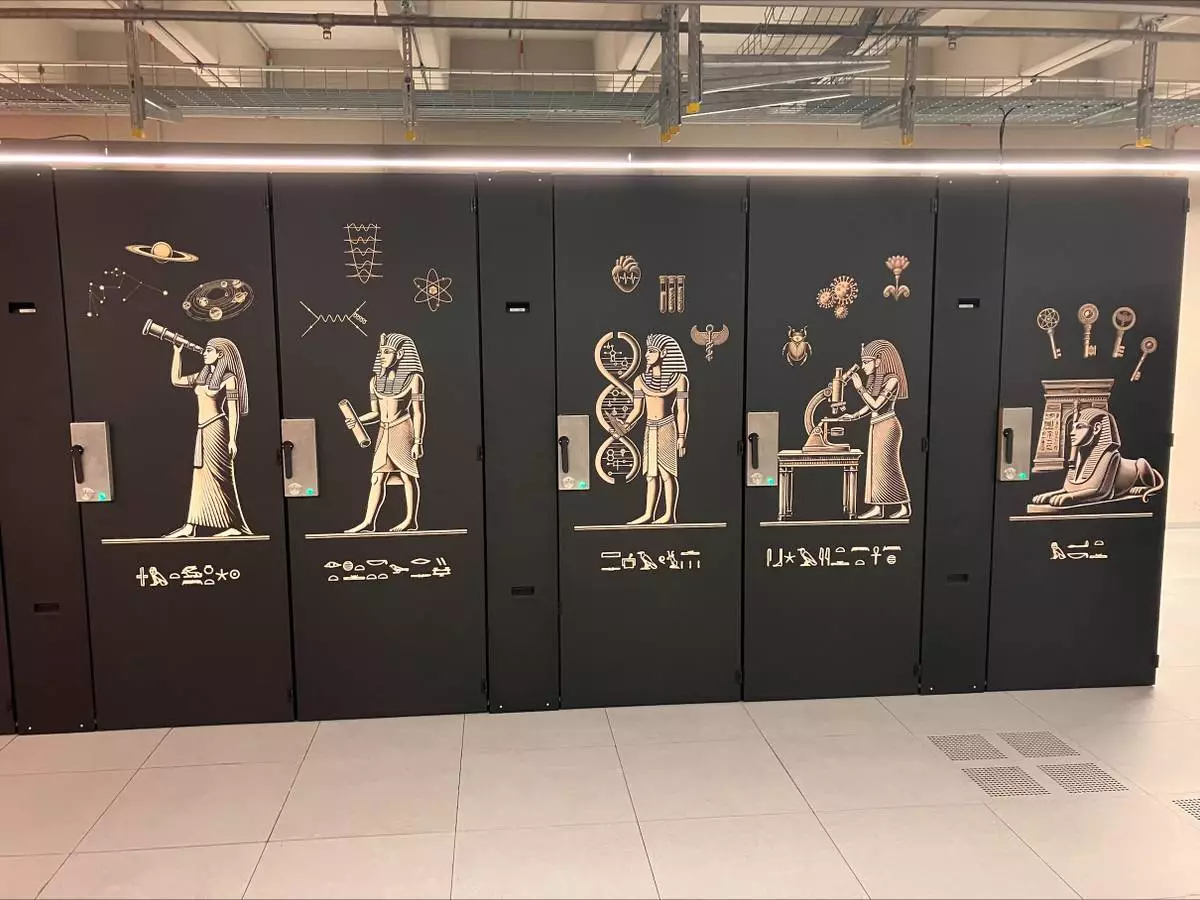

RAMSES Cluster (Photo: Business Wire)


